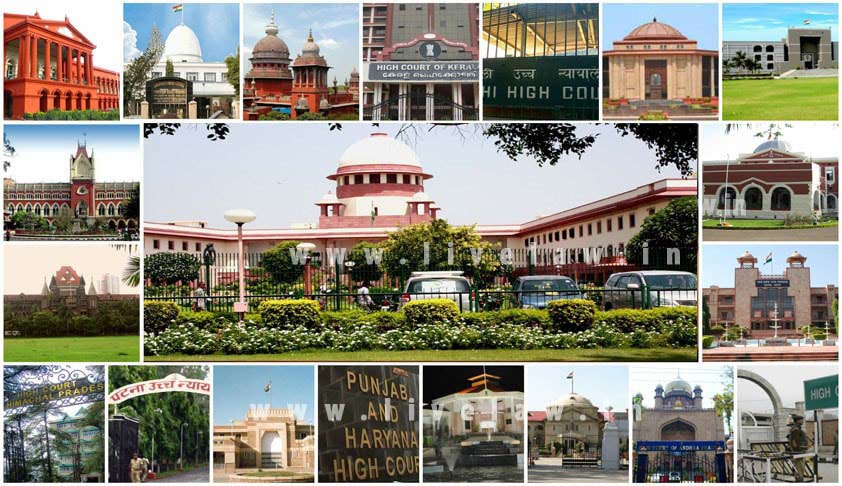- Home
- /
- News Updates
- /
- High Courts Weekly Round-Up
High Courts Weekly Round-Up
Ashok KM
6 Dec 2015 6:08 PM IST
Allahabad High CourtIn a significant ruling, Allahabad High Court has held that blocking 25% of the benefits in a Pension scheme in favour of minorities is not invalid. Upholding the validity of Samajwadi Pension Yozna, wherein 25% of the benefits were blocked in favour of ‘minorities’, a division bench of Justices V.K. Shukla and Brijesh Kumar Srivastava held that Minorities are a class...
Next Story



